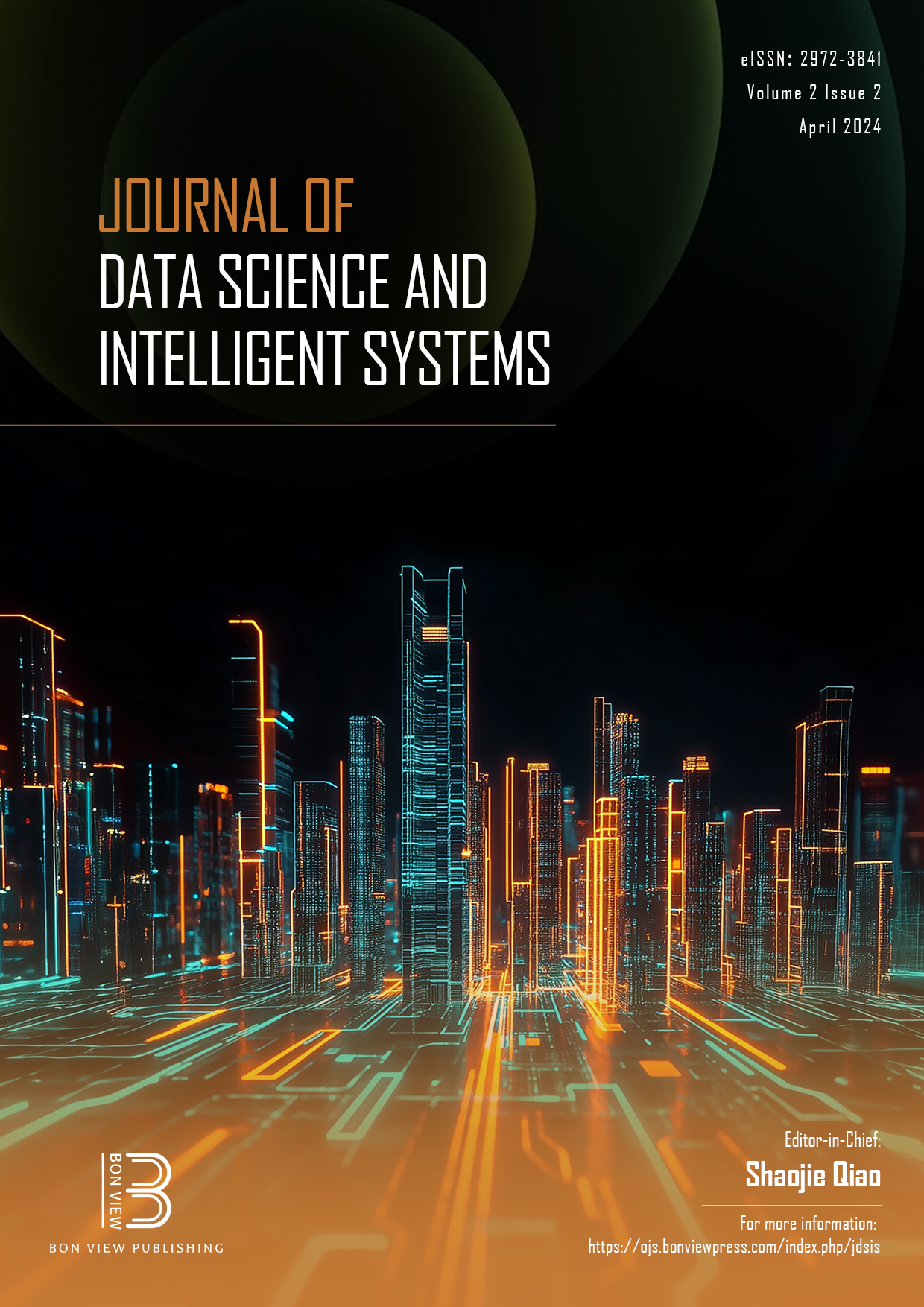The Evolving Landscape of Oil and Gas Chemicals: Convergence of Artificial Intelligence and Chemical-Enhanced Oil Recovery in the Energy Transition Toward Sustainable Energy Systems and Net-Zero Emissions
DOI:
https://doi.org/10.47852/bonviewJDSIS42022111Keywords:
artificial intelligence, chemical-enhanced oil recovery, surfactant, polymer, energy transitionAbstract
Chemical-enhanced oil recovery (EOR) is a field of study that can gain significantly from artificial intelligence (AI), addressing uncertainties such as mobility control, interfacial tension reduction, wettability alteration, and emulsifications. The primary objective of this paper is to introduce an integrated framework for AI and chemical EOR for energy harvest operations. Central emphasis is placed on the energy transition, with the aim of expediting the development of cleaner energy harvesting systems and attaining the goal of net-zero emission. To do so, we present how the energy transition is changing the manufacturing of the chemicals for EOR application. For this, the uncertainty associated with materials' design and critical role of the simulators for transferring the laboratory experiences into full-field implementations is discussed. The concept of digitalization and its impact on energy companies are highlighted. The role of digital twin in simulators integration is discussed, emphasizing how increased data access can help design more tolerant chemicals for harsh reservoir environments using real-time data. Also, we discuss how the chemical suppliers, research institutes, startups, and field operators can benefit from self-leaning and robotic laboratories for chemicals manufacturing. Moreover, this paper explores how including AI perspectives can improve our understanding of developing chemical formulations by blending hybrid capabilities. This approach contributes to making energy production more sustainable and aligning with the goal of zero emissions. A workflow is presented to demonstrate how the integration of AI and chemical EOR can be used for both hydrocarbon production and other energy transition operations, such as carbon capture, utilization and storage, hydrogen storage, and geothermal reservoirs. The outcome of this paper stands as a pioneering effort that uniquely addresses these challenges for both academia and the industry and can open many additional doors and identify topics requiring further investigations.
Received: 21 November 2023 | Revised: 22 January 2024 | Accepted: 29 January 2024
Conflicts of Interest
The authors declare that they have no conflicts of interest to this work.
Data Availability Statement
Data sharing is not applicable to this article as no new data were created or analyzed in this study.
Downloads
Published
Issue
Section
License
Copyright (c) 2024 Authors

This work is licensed under a Creative Commons Attribution 4.0 International License.


